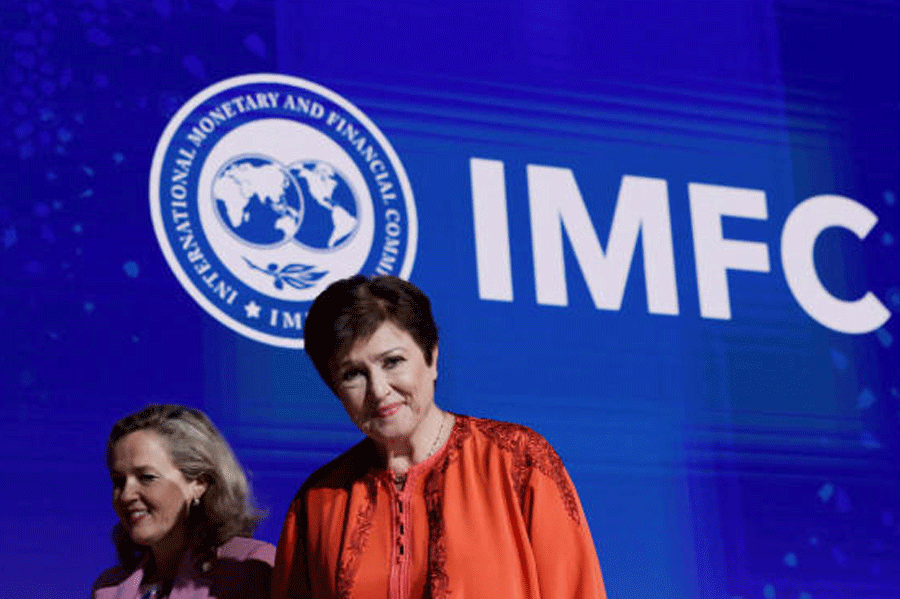Finance minister Nirmala Sitharaman on Saturday made a case for a strong, quota-based and adequately resourced IMF at the centre of the global financial safety net and climate action on the principles of common but differentiated responsibilities and respective capabilities.
The 16th General Review of Quotas (GRQ) is expected to provide a greater say to developing economies in the International Monetary Fund (IMF).
According to an IMF resolution, the 16th GRQ should be concluded by December 15, 2023. Any adjustment in quota shares would be expected to result in an increase in voting rights of emerging countries in line with their relative positions in the world economy.
US treasury secretary Janet Yellen told Reuters that her plan for an “equi-proportional” increase in International Monetary Fund quota-based lending resources was “pretty likely to get done” despite concerns raised by China.
“There’s a desire to see the IMF well-resourced with larger quota resources and less reliance on borrowing arrangements,” Yellen said.
Under the US-backed plan, IMF members would each contribute towards an increase in quotas in proportion to their current shareholdings to boost the Fund’s lending power. Decisions on how to shift the IMF’s shareholding formula would be left to a later date.
Currently, India’s quota at the IMF stands at 2.75 per cent. In comparison, China and the US hold quotas of 6.4 per cent and 17.43 per cent, respectively, highlighting the hierarchical power structure of current global economic institutions.
China and other large, fast-growing emerging markets, including Brazil and India, have been clamouring for more shares and influence at the crisis lender but would have to wait under the current plan.
Sitharaman had backed the US plan as an “immediate, temporary solution” to the need to add quickly to boost IMF funding. “The equi-proportional quota seems to be the less contentious way of addressing it,” Sitharaman told an Atlantic Council event in Marrakech. “I from my side did openly say yes.”
The money-now, shares later plan has been gaining support among IMF shareholders this week, but IMF managing director Kristalina Georgieva has called for a deadline to adjust its shareholding structure to give more weight to large emerging market economies.
RBI defends steps to boost rupee
Marrakech, Morocco: Currency market interventions by emerging market economies should not be viewed “as a black and white story”, India’s central bank governor told Reuters on Friday.
RBI governor Shaktikanta Das was referring to the US Treasury Department’s regular foreign exchange report and similar research by the International Monetary Fund (IMF).
Das called on the United States and other countries and organisations to review their use of “labelling like watch lists”, underscoring that these comments were not directed solely at the Treasury.
“Emerging market economies will have to build reserves and central banks in emerging markets are required to intervene in the currency market from time to time to prevent excessive volatility,” Das said on the sidelines of the IMF and World Bank annual meeting in Marrakech.
Reuters











